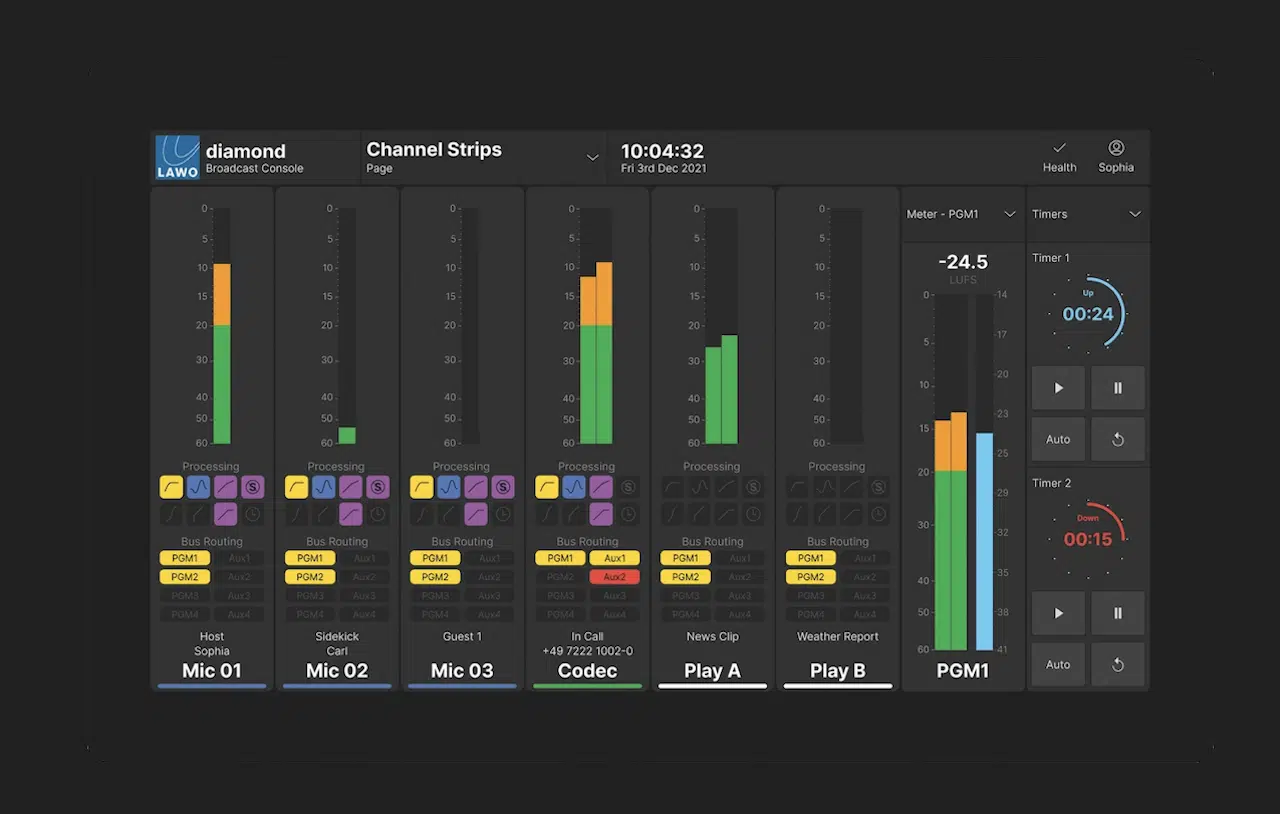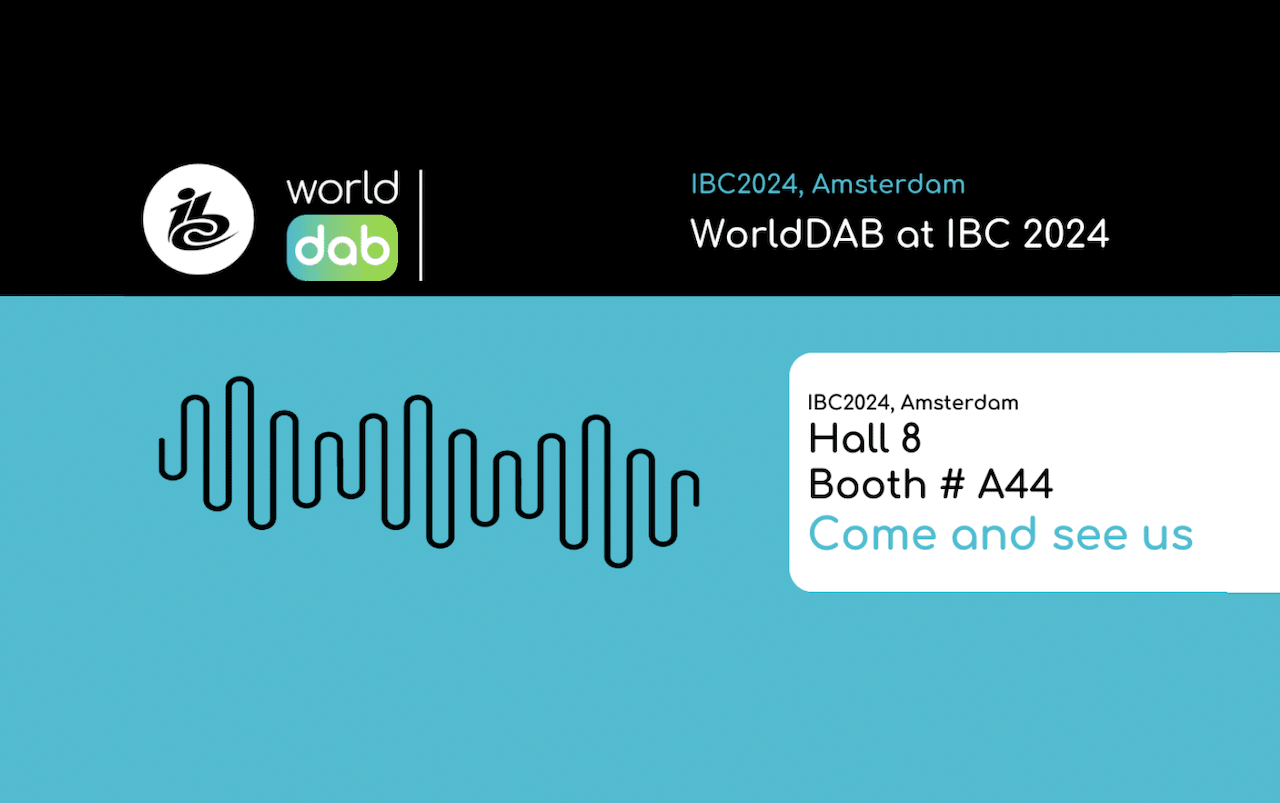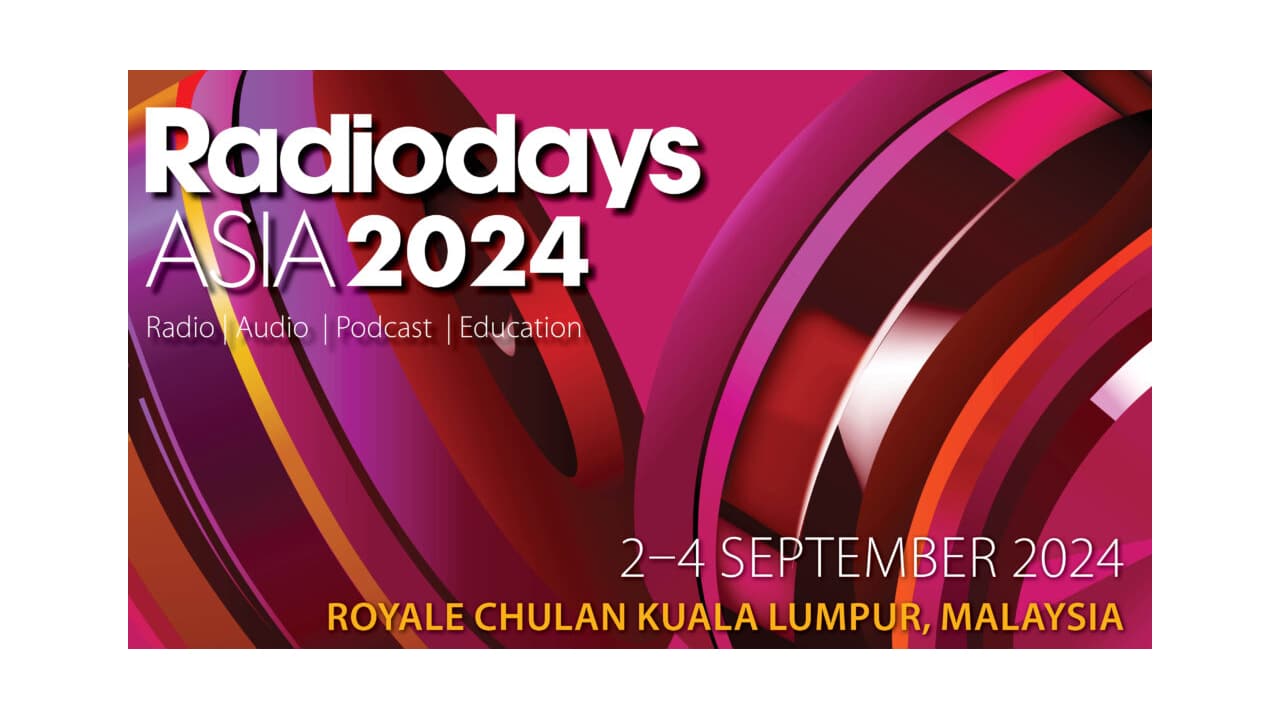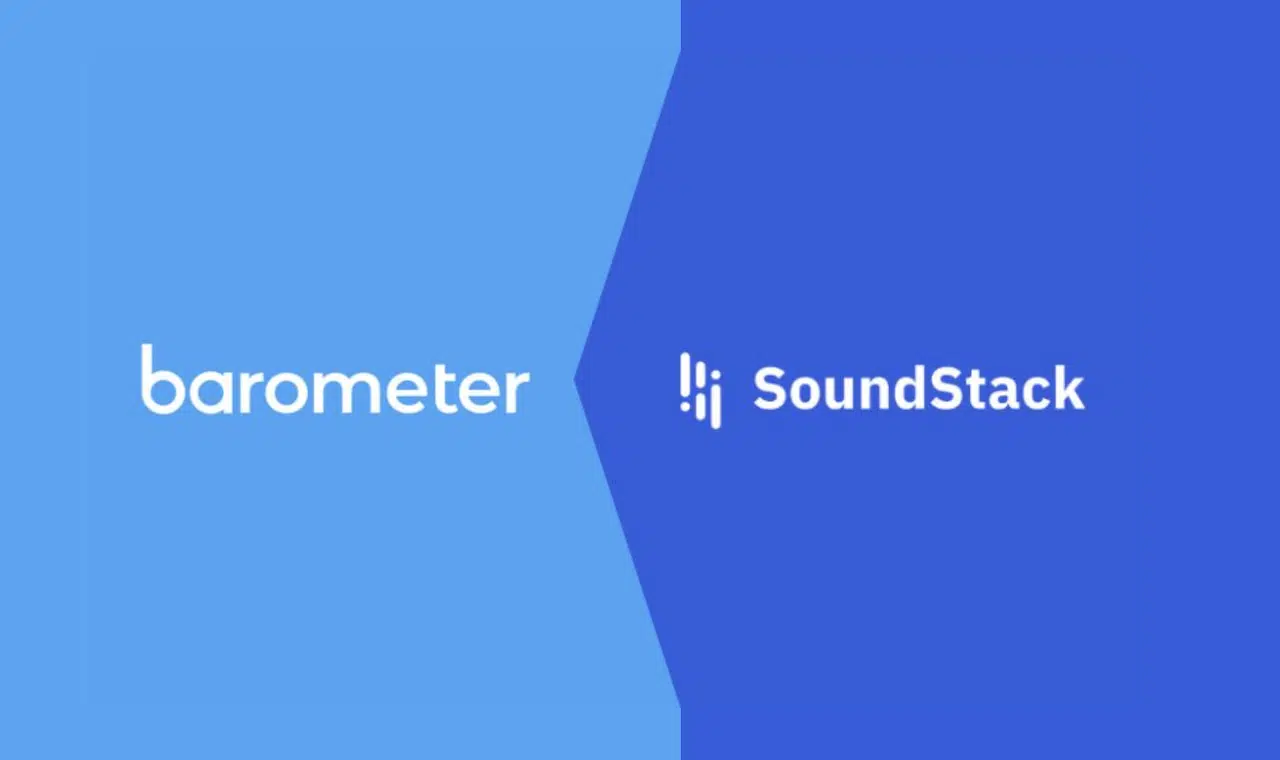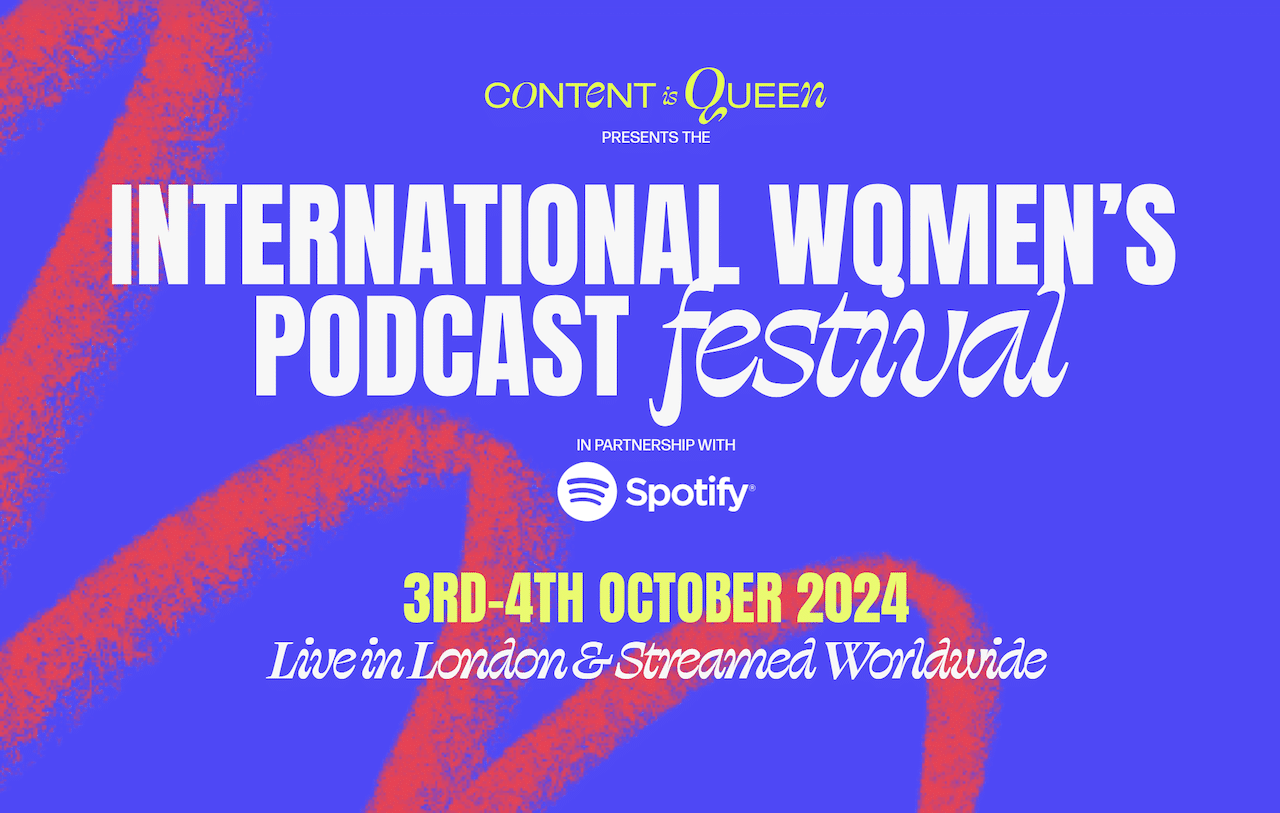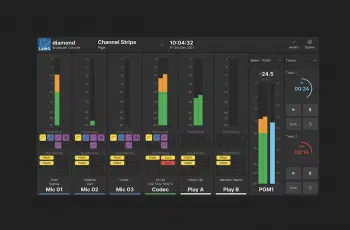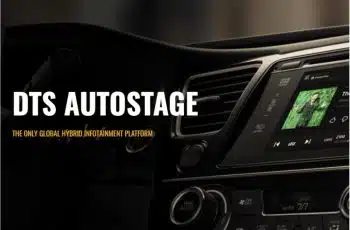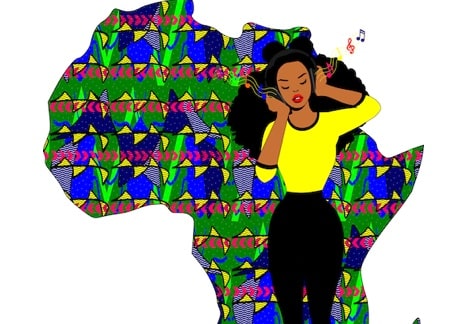
The spoken word, very anchored on the African continent via the radio, is now finding its voice thanks to the podcast. Its success is growing, but at different speeds depending on the country.
Podcasts have an incredible potential on the African continent. Lower data prices and the growing use of cell phones have made it easier for young African creators, who are very active on social networks, to tell their stories. The topics covered in the podcasts are varied and many young people have found a way to talk openly about their problems (money, love, social relationships). If its development is promising, it still remains heterogeneous and difficult, depending on the country and the language.
Growth in East Africa
In Kenya, the podcast culture has taken hold very quickly in Nairobi. This English-speaking country, heavily influenced by American culture, has been a forerunner in the installation of 5G, allowing access to excellent internet coverage.

Influencers have already emerged, such as radio journalist Adelle Onyango, creator of the “Legally Clueless” and “PursePective” podcasts. She offers a freer space for women to speak out on issues that are still taboo, such as gender and sexuality. Thanks to her podcasts, she has become a leading figure in Kenya.
A podcast festival was also launched there: “The Africa Podfest,” organized by two young Kenyan women Melissa Mbuga and Josephine Karianjahi. This event aims to promote the development of African podcasting, connect the actors of the ecosystem across the continent and stimulate the production of podcasts in the region and in local languages. The diversity of languages is also encouraged and mediated by the Afripods listening platform, which has a strong audience for episodes in African mother tongues.
Technological Difficulties
Connection conditions are still complicated in West Africa though due to difficult access and the high cost of data. However, ideas and initiatives are emerging. In “Côte d’Ivoire,” Jessica Brou has created a French-language podcast called “Private Conversations.” She talks about the material and technological difficulties that hinder the creation and listening of podcasts. But she also recognizes the strength of this new media to open up to other
“With the podcast and social networks, borders are erased and its possible to address everyone on the continent and those who plan to return to Africa or settle there.”
French-Speaking Africa
In Cameroon, the podcast is struggling to emerge. Jean-Aubain Tcheuffa had launched Yopcast.com, a listening platform that wanted to boost the African podcast market and encourage young people to start freelancing. Unfortunately, the platform did not develop as he had hoped.
“Sub-Saharan Africa is not yet familiar with the podcast medium. Moreover, many do not know what it is,” Tcheuffa says. However, he is still convinced that the African market presents a great opportunity. The number of bloggers is growing on Facebook and YouTube and he hopes that the market will boom. He believes that podcasts with higher quality sound (because they use less data) will be viewed more than videos on YouTube, making the market very competitive.
A Bright Future

The development of podcasting in Africa is conditioned by access to technology, which is unequal depending on the country, and is still searching for audiences depending on the language used. But initiatives are increasing and we can see the enormous potential and impact on young people on the African continent. The spoken word, the success of radio and social networks are all assets that predict a bright future for podcasts in Africa.
Radio France International was a step ahead in launching “Dianké,” in June 2020, the first native West African fiction podcast, which tells the story of an emancipated African woman.
Open your ears, African voices will soon be in your headphones to allow you to discover other cultures and other accents. This is also the richness of the podcast.
This article first appeared in RedTech’s sister publication, Le Pod.



